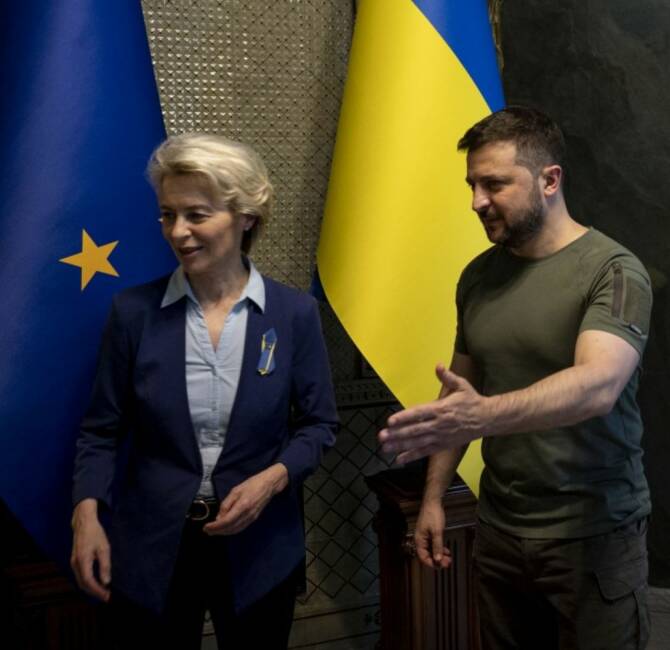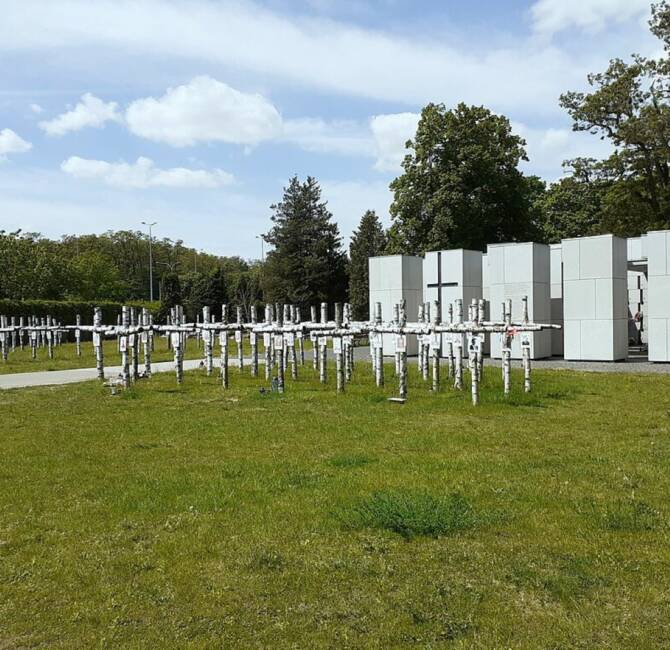Washington does not want any “new axis” for the alliance. However, it wants to maximize the defensive efforts of European countries, particularly Germany, and to force them to take over responsibility for the eastern flank.
An article by Robert Kuraszkiewicz published on Sovereignty.pl. To see the full version in English on Sovereignty.pl, click here.
The NATO summit held in Vilnius on July 11–12 was in many respects a historic meeting. It is therefore worthwhile to analyse the course it took, and not only in terms of the decisions taken. From Vilnius, we can make out the outline of a new security order on a global scale. An analysis of the summit is presented in an article by Marek Jurek titled “NATO – the first summit after Zeitenwende.”
In discussing the outcomes of the summit, let us begin with those that are favourable to Poland. Poland has always emphasized NATO’s military and defensive character. We have viewed the softening and wilting of the alliance with concern. In this context, we should underline some very positive decisions that result from the change in concept for the defence of NATO countries. Detailed operational plans have been drawn up for three theatres of operations (North and Arctic, East, South), and the size of NATO’s operational forces has been increased to 300,000. In a formal and political sense these are the most important decisions, and they are very good news for Poland, as they confirm the alliance’s readiness to defend its borders. They also represent a change of concept – from “deterrence by punishment” to the defence of all of the alliance’s borders, namely “deterrence by denial.”
This is a very important and lasting change. In this sense, the results of the Vilnius summit are undoubtedly historic, and we need to acknowledge and appreciate this. The importance of the alliance is also confirmed by several other decisions of lesser significance, such as the creation of a Maritime Center for the Security of Critical Undersea Infrastructure, as well as new initiatives relating to digital security and hybrid threats.
All of these initiatives strengthen the defensive and real importance of NATO to its members. NATO’s character is changing, in a direction that goes a long way to satisfying Polish demands, and thus continues to provide the best guarantee of Poland’s security.
[…]




